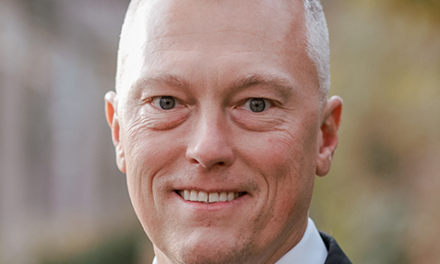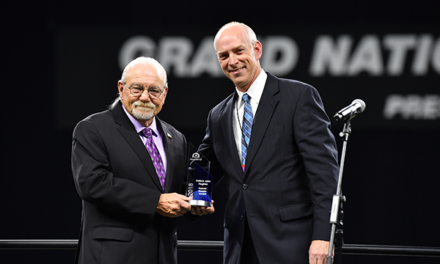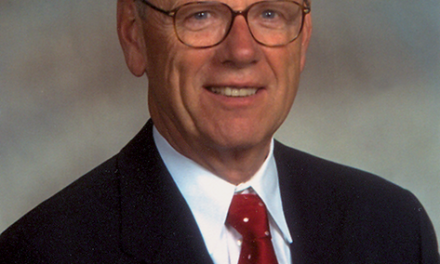
Rodney Dorsey’s method of teaching includes building connections and meaningful relationships with his students, and being able to recognize music and people individually to see how they are bridged together.
Born and raised in Gainesville, FL, Rodney knew from a young age that he wanted to go into the education field. He realized the importance of teaching after witnessing the impact his mother, a Family and Consumer Science teacher, had on her students. Rodney then found his talent in music and began to play the clarinet.
“I think there was a subconscious message that teaching was important. I thought I wanted to play clarinet and I made a shift to teaching. I thought I wanted to be a band director and majored in Music Ed.”
He received his Bachelor’s degree in Music Education from Florida State University. Following his graduation, Rodney began his first teaching job in Tallahassee at Rickards High School. Being so close to Florida State, he was able to expose his students to quality music-making, while still having a close, personal connection to his alma mater.
After teaching at Rickards for three years, Rodney received his Master’s degree in Conducting at Northwestern University. After graduation, he continued his teaching career in Georgia and in Florida.
Rodney eventually went back to Northwestern for his Doctorate in Conducting, and then taught at DePaul University in Chicago for five years. After another teaching opportunity in Michigan, he eventually ended up as the Director of Bands at the University of Oregon where he currently teaches.
He is passionate about the bridge between people and music, and when music transcends the group or instrument. Rodney is also very adamant about building connections with his students.
“I just don’t think it works well if they are just a nameless face. There’s a limit, but I think students in our classes need to know we care about them and care about what they do beyond band or orchestra.” He urges his students to listen to a variety of music, and pays great attention to the verbal and non-verbal cues of his students: “not just what they play, but what they’re saying to you.”
Rodney’s hope is for people to see past the music. “I think competition does this to us because we worry about the things that are objective, the things that are clearly definable, observable, quantifiable. Are the fronts of notes together? Are the backs of notes together? I think we forget to ask what does the music say or what does the music have the potential to say? It’s that thing of a great musician, they’re a great musician and they just happen to play trombone.”
Rodney attributes his successes to the support of his parents and uses that by being a role model that influences and supports his students.




